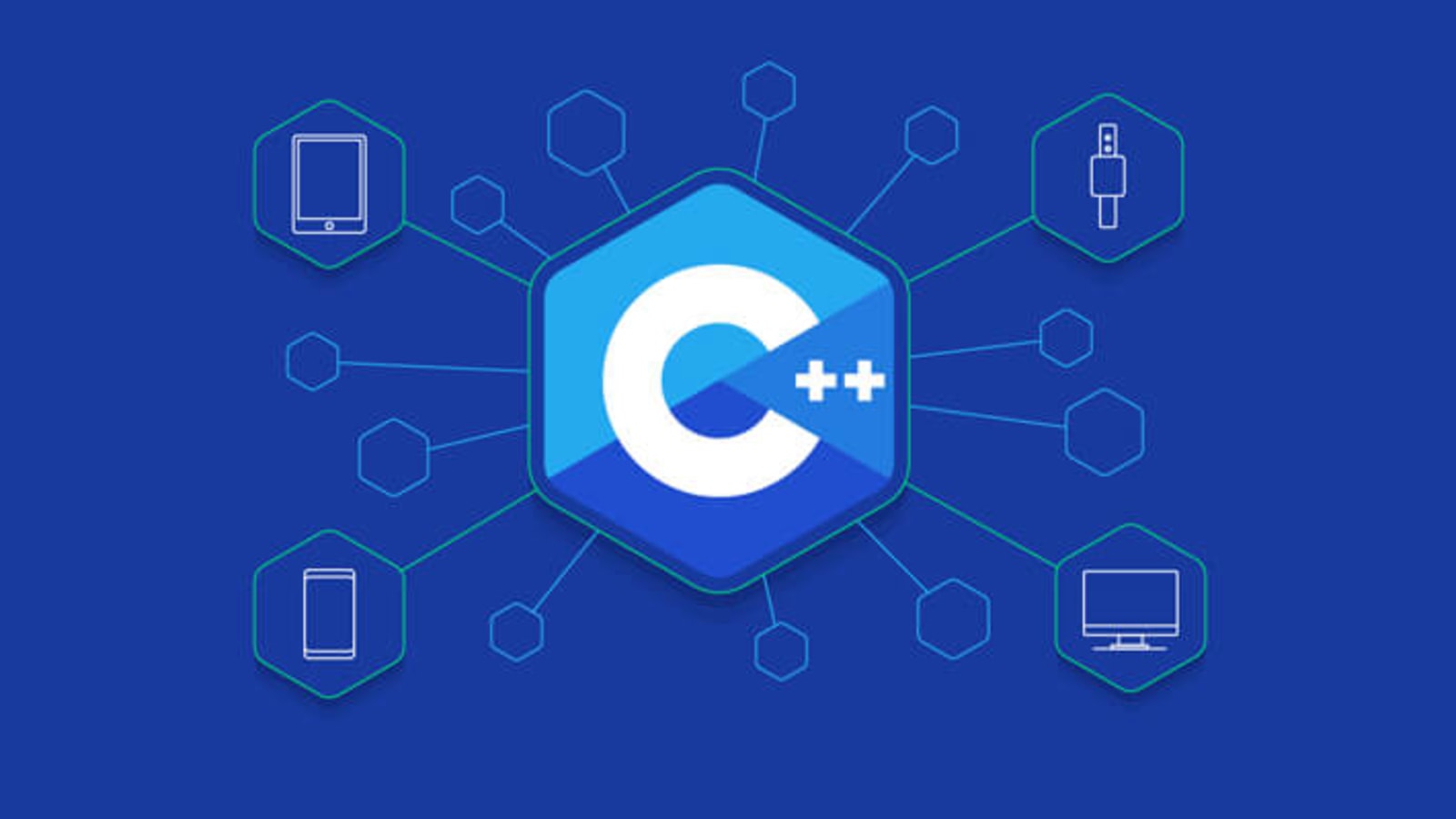Fundamental Code Block Programming
A code block, in some cases alluded to as a compound assertion, is a lexical construction of source code which is gathered together. Squares comprise of at least one presentations and articulations. A programming language that allows the production of squares, including blocks settled inside different squares, is known as a square organized programming language. Squares are central to organized programming, where control structures are shaped from blocks.
Blocks have two functions: to group statements so that they can be treated as one statement; and to define scopes for names to distinguish them from the same name used elsewhere. In a block-structured programming language, the objects named in outer blocks are visible inside inner blocks, unless they are masked by an object declared with the same name.
Conversation
The Need for a Compound Statement
Inside many programming dialects, there can be just a single articulation recorded as the activity a piece of a control structure:
if (articulation)
articulation
else
articulation
Frequently, we will need to accomplish more than one articulation. This issue is overwhelmed by making a code square or compound explanation. For programming dialects that utilization wavy supports {} to assign code impedes, a compound if-then, at that point else explanation could be like:
if(expression)
{
articulation;
articulation;
}
else
{
articulation;
articulation;
}
Since software engineers regularly fail to remember that they can have just a single proclamation recorded as the activity a piece of a control structure; the programming business supports the utilization of space (to see the activity parts plainly) and the utilization of compound articulations (supports) consistently, in any event, when there is just a single explanation. In this way:
if(expression)
{
articulation;
}
else
{
articulation;
}
By composing code as such, on the off chance that the developer adjusts the code by adding more explanations to either the activity valid or the activity bogus; they won't present either compiler or rationale blunders. Involving space and supports should become standard practice in any language that requires the utilization of compound explanations with control structures.
Space and End Block
Other programming dialects require express assignment of code blocks through one or the other space or some kind of end block explanation. For instance, Python involves space to show the assertions in a code block:
in the event that articulation:
articulation
articulation
else:
articulation
articulation
Lua utilizes an end block held word:
on the off chance that articulation,
proclamation
proclamation
else
proclamation
proclamation
end
The general on the off chance that else structure in every one of these programming dialects is comparative, similar to the required or anticipated space. The thing that matters is in the sentence structure used to assign the code blocks.
Key Terms
block
One more name for a compound assertion.
compound articulation
A unit of code comprising of nothing or more articulations.








Leave Comments
Post a Comment
Please leave a message if you find this content very helpful